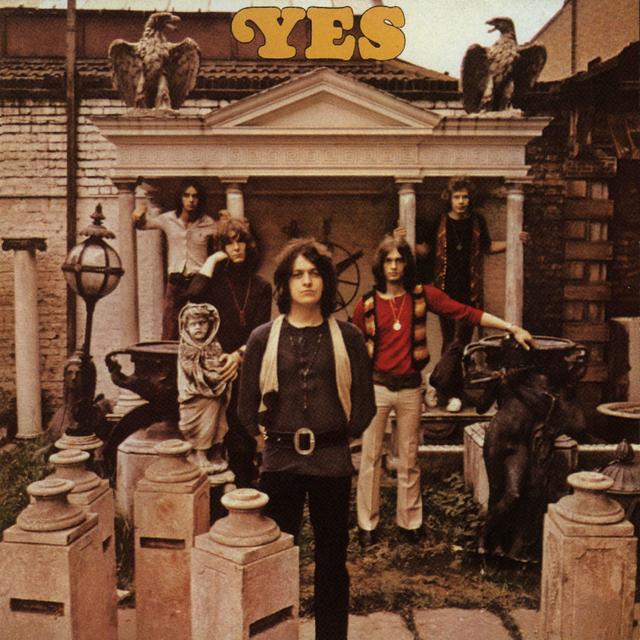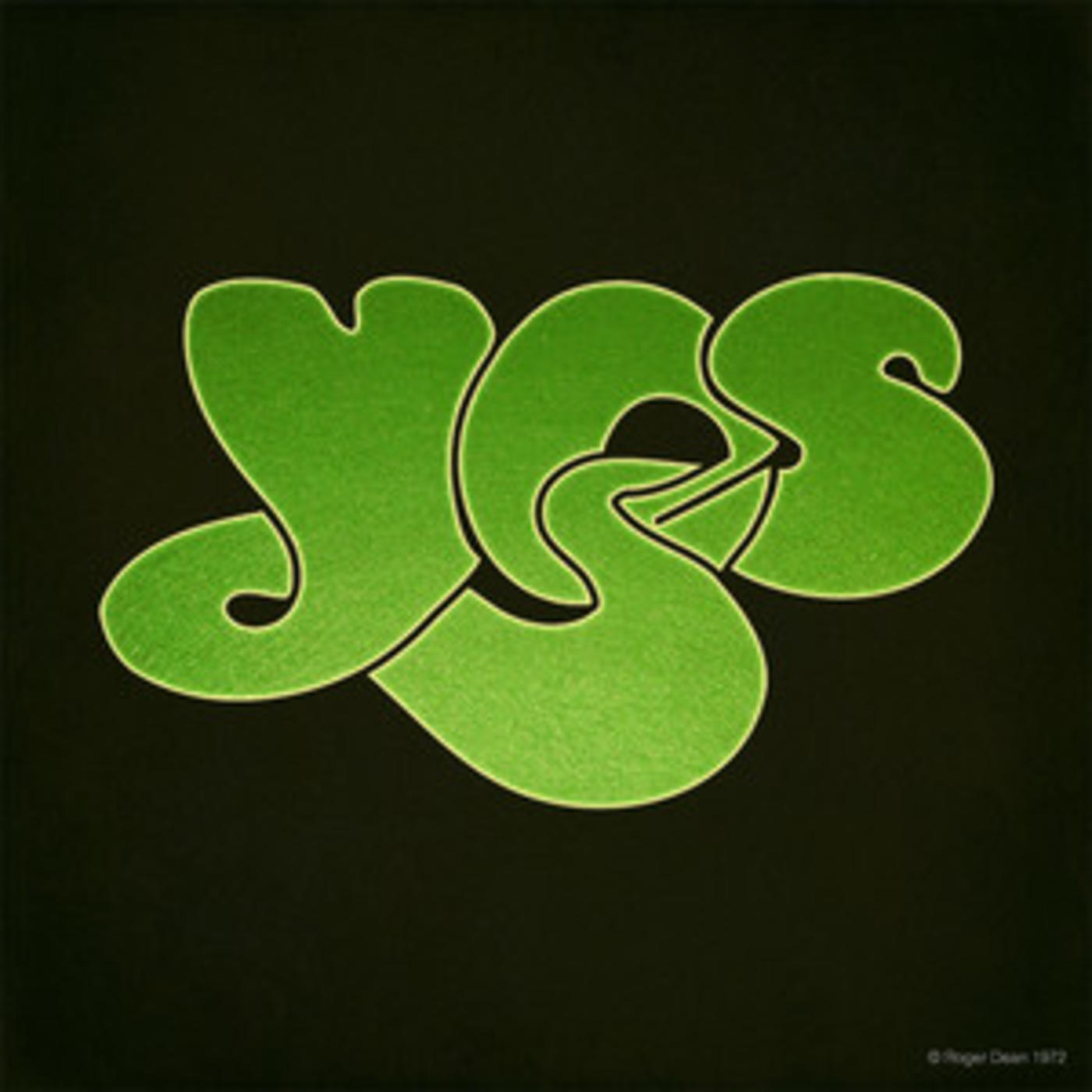Happy 50th: Yes, YES

50 years ago today, Yes belatedly released their debut album in America, three months after the LP hit record stores back home in Britain.
YES was produced by Paul Clay and the band, much to the dismay of guitarist Peter Banks, who felt that Clay’s history – he’d worked predominantly on film soundtracks – left him woefully unprepared to produce an album for a rock band, which resulted in Bill Bruford’s drums sounding “like biscuit tins” and Banks’s guitar coming across as “clangy.”
Ah, but we’re getting ahead ourselves…
Yes came into existence as a result of a band with the only-in-1967 name of Mabel Greer’s Toyshop, which featured singer/guitarist Clive Bayley, drummer Bob Hagger, guitarist Peter Banks, and bassist Chris Squire. Several of those names will look familiar to you, of course, particularly Banks’s, but probably not all of them. The moment in which rock history was made came when Jack Barrie, the owner of a club called La Chasse, introduced Squire to one of his employees, John Anderson, and despite the fact that he hadn’t yet dropped the “h” from his first name, it would be an understatement to say that the two gents got along swimmingly from the get-go, given that they actually wrote Yes’s first single the very first time they hung out together. Needless to say, Anderson soon found himself in the band.
At some unspecified point, Banks left the Toyshop to join another band – Neat Change – but when those blokes opted to discontinue the use of his services, Squire called him back into the lineup to replace Bayley, while Hagger was replaced behind the drum kit by a fellow by the name of Bill Bruford. All this went down in June 1968, as did the decision to add a keyboardist to the lineup (Tony Kaye), and by August 4 the band had a new name – Yes! – and was playing their first gig under the decidedly shorter moniker.
So back to that debut album: the most amazing thing about YES is that it features a track listing where the longest song comes in at under seven minutes. It also features a couple of cover songs: the Beatles’ “Every Little Thing” and The Byrds’ “I See You,” which is something that the band would phase out in short order.
While YES failed to chart upon its release, it did earn some critical acclaim, including a review by Lester Bangs in which he described it as "the kind of album that sometimes insinuates itself into your routine with a totally unexpected thrust of musical power." Why, that must be why it still holds up so well 50 years later!
For more information, click the buttons below:

